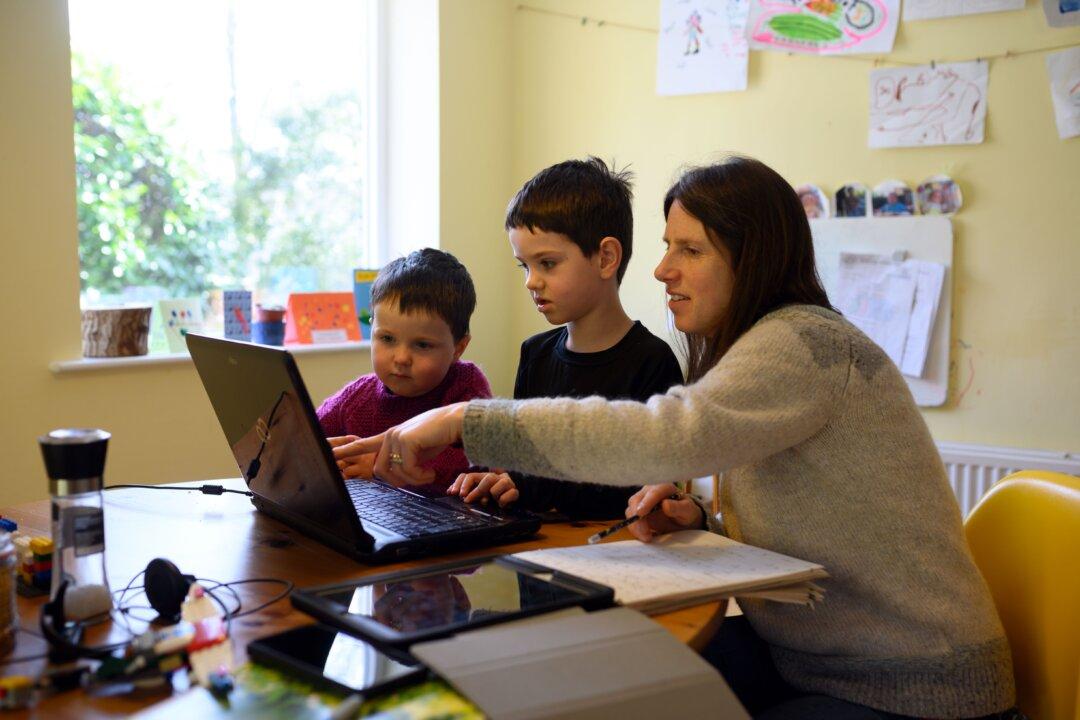Democratic Senators are asking congressional leaders to fund K-12 internet access in the next pandemic response package. The lawmakers want the phase 4 package to include funding for the government’s most extensive educational technology program, known as E-Rate, to guarantee all students have access to online virtual learning programs during the pandemic.
In a letter to congressional leaders (pdf), senators stated their “disappointment with the lack of funding dedicated for distance learning” in the recently signed $2 trillion “CCP (Chinese Communist Party) virus, commonly known as novel coronavirus.” relief package.





